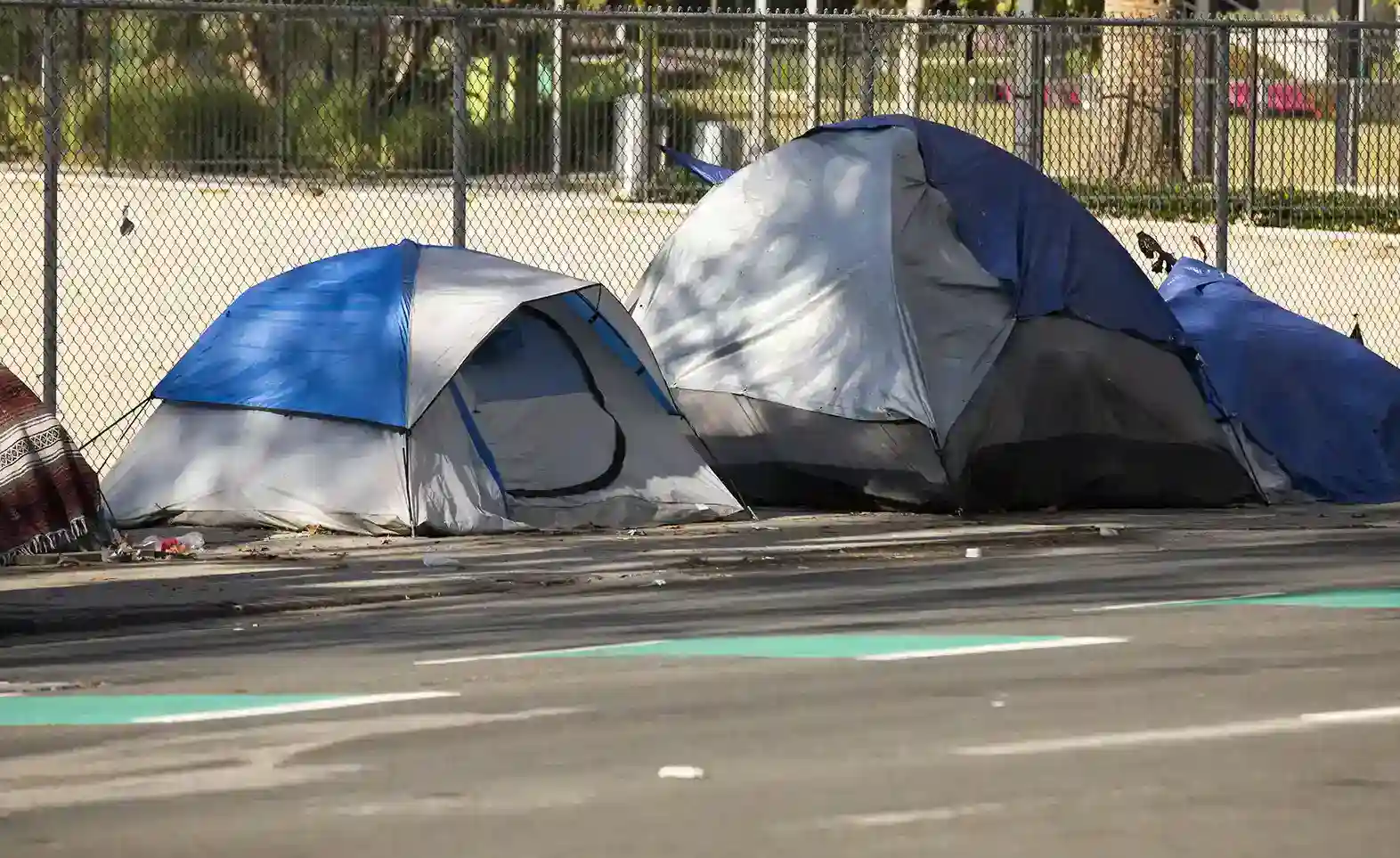Ensuring everyone has the opportunity to be as healthy as possible is the definition of health equity. Who you are and where you live should not determine how well, how long or whether you live.
Achieving health equity is far from easy. Efforts to eliminate health disparities have been underway for decades. Research from the U.S. Centers for Disease Control and Prevention (CDC) and other agencies indicates that community-based approaches may be the most effective at improving health equity. Bringing stakeholders together to determine solutions—including but not limited to medical professionals, political leaders, community organizations and, most importantly, community members affected by disparities—can lead to solutions.
ORAU’s health communications team has worked in the health equity space with various government agency customers for many years. Some of the team’s most recent health equity work has focused on people experiencing homelessness, mental health concerns and substance use disorder.
People experiencing homelessness
People experiencing homelessness (PEH) are disproportionately affected by many infectious diseases, including COVID-19, but communication efforts during public health emergencies often do not consider the unique needs of this population.

Several members of ORAU’s health communications team conducted in-person focus groups with PEH in four cities. Findings from the focus groups demonstrated that these individuals overwhelmingly prefer to receive health information through face-to-face conversation, especially with health care providers with whom they have an established relationship. The team’s findings were published in The Journal of Infectious Diseases.
“ORAU researchers were honored to be invited into the facilities of four organizations that consistently provide incredible services for PEH in their communities and witness the tireless work they did to limit the spread of COVID-19 among their constituents,” said Betsy Smither, Research and Evaluation project manager. “As part of this project, we were able to have more than 100 face-to-(masked) face conversations with PEH to better understand the unique considerations they faced in protecting their health in the midst of the pandemic. We keenly felt the importance of rigorously analyzing their feedback and presenting it in a manner that would inform CDC’s current COVID-19 health communications and also assist CDC in preparing to communicate with PEH in future disease outbreaks.”
People experiencing mental health concerns
Michelle Schaur, M.P.H., a health education specialist at ORAU, has been supporting the CDC’s Office of Minority Health and Health Equity’s efforts to build the capacity of local and national organizations serving communities of color to respond to the COVID-19 pandemic and future health issues. The organizations supported by this initiative, which engage communities to identify local needs related to the COVID-19 pandemic, have expressed the critical need for mental health resources as a result of the pandemic.
“Top-of-mind concerns for communities have shifted to include requests for local mental health resources and messaging that normalizes the feelings of social isolation, boredom, grief and stress that are commonly reported by youth during the COVID-19 pandemic,” Schaur said.
Common disruptions and adverse experiences encountered by many people during the pandemic include school closures, social isolation, difficulty working or completing homework and family loss or illness. For some individuals, those consequences have been more severe and include family economic hardship, parental and personal job loss, emotional or physical abuse by a parent or other adult at home, reduced access to health care, homelessness and hunger. Some racial and ethnic minority and LGBTQ+ people have experienced a disproportionate burden of these adverse experiences, which can negatively impact overall health and well-being.
People experiencing substance use disorder
The National Harm Reduction Technical Assistance Center (NHRTAC) provides free help to anyone in the country who provides, or wants to provide, harm reduction services in their community. The NHRTAC was established by the U.S. Centers for Disease Control and Prevention in collaboration with the Substance Abuse and Mental Health Services Administration. ORAU provides support to the NHRTAC through a contract with the National Association of County and City Health Officials.

The harm reduction movement is rooted in social justice in that proponents are committed to combating forms of racism, stigma, marginalization and criminalization that may lead to substance use disorder, said Jennifer Reynolds, M.P.H., associate manager, Health Communication and Marketing. Leaders in the movement are often those who formerly experienced substance use disorder, are able to share their experiences, and are committed to making the world a safer place for others.
“When we talk about harm reduction services, we’re talking about services that prevent overdose, prevent the spread of infectious disease, or reduce other harms that may result from substance use disorders,” Reynolds said. “These services may include syringe access, medication support, substance use disorder treatment, and prevention and recovery programs.”
Health equity won’t be achieved in one fell swoop, but equity can be achieved one step, one program at a time. ORAU remains committed to working toward a world where everyone has the opportunity to be as healthy as possible.